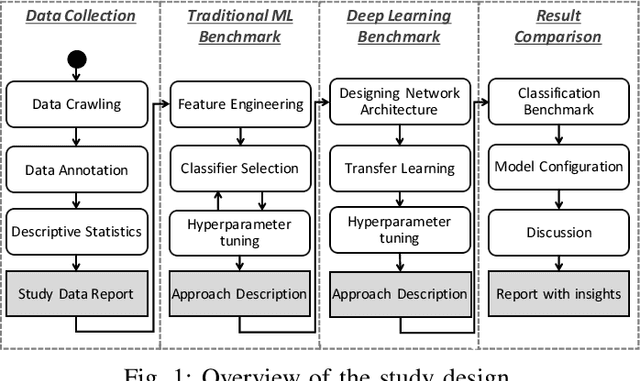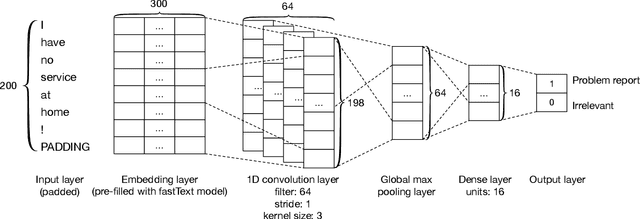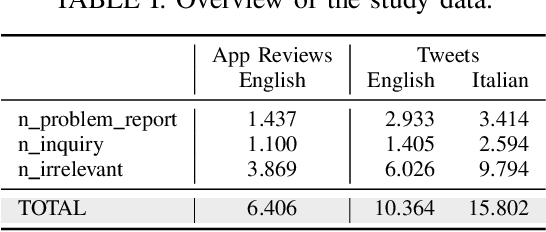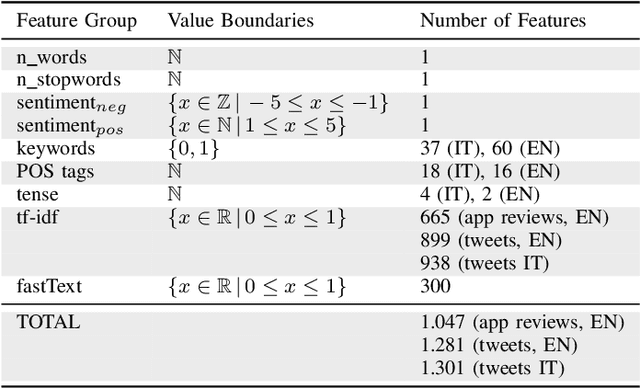Christoph Stanik
Automatically Matching Bug Reports With Related App Reviews
Feb 14, 2021



Abstract:App stores allow users to give valuable feedback on apps, and developers to find this feedback and use it for the software evolution. However, finding user feedback that matches existing bug reports in issue trackers is challenging as users and developers often use a different language. In this work, we introduce DeepMatcher, an automatic approach using state-of-the-art deep learning methods to match problem reports in app reviews to bug reports in issue trackers. We evaluated DeepMatcher with four open-source apps quantitatively and qualitatively. On average, DeepMatcher achieved a hit ratio of 0.71 and a Mean Average Precision of 0.55. For 91 problem reports, DeepMatcher did not find any matching bug report. When manually analyzing these 91 problem reports and the issue trackers of the studied apps, we found that in 47 cases, users actually described a problem before developers discovered and documented it in the issue tracker. We discuss our findings and different use cases for DeepMatcher.
Classifying Multilingual User Feedback using Traditional Machine Learning and Deep Learning
Sep 12, 2019



Abstract:With the rise of social media like Twitter and of software distribution platforms like app stores, users got various ways to express their opinion about software products. Popular software vendors get user feedback thousandfold per day. Research has shown that such feedback contains valuable information for software development teams such as problem reports or feature and support inquires. Since the manual analysis of user feedback is cumbersome and hard to manage many researchers and tool vendors suggested to use automated analyses based on traditional supervised machine learning approaches. In this work, we compare the results of traditional machine learning and deep learning in classifying user feedback in English and Italian into problem reports, inquiries, and irrelevant. Our results show that using traditional machine learning, we can still achieve comparable results to deep learning, although we collected thousands of labels.
 Add to Chrome
Add to Chrome Add to Firefox
Add to Firefox Add to Edge
Add to Edge